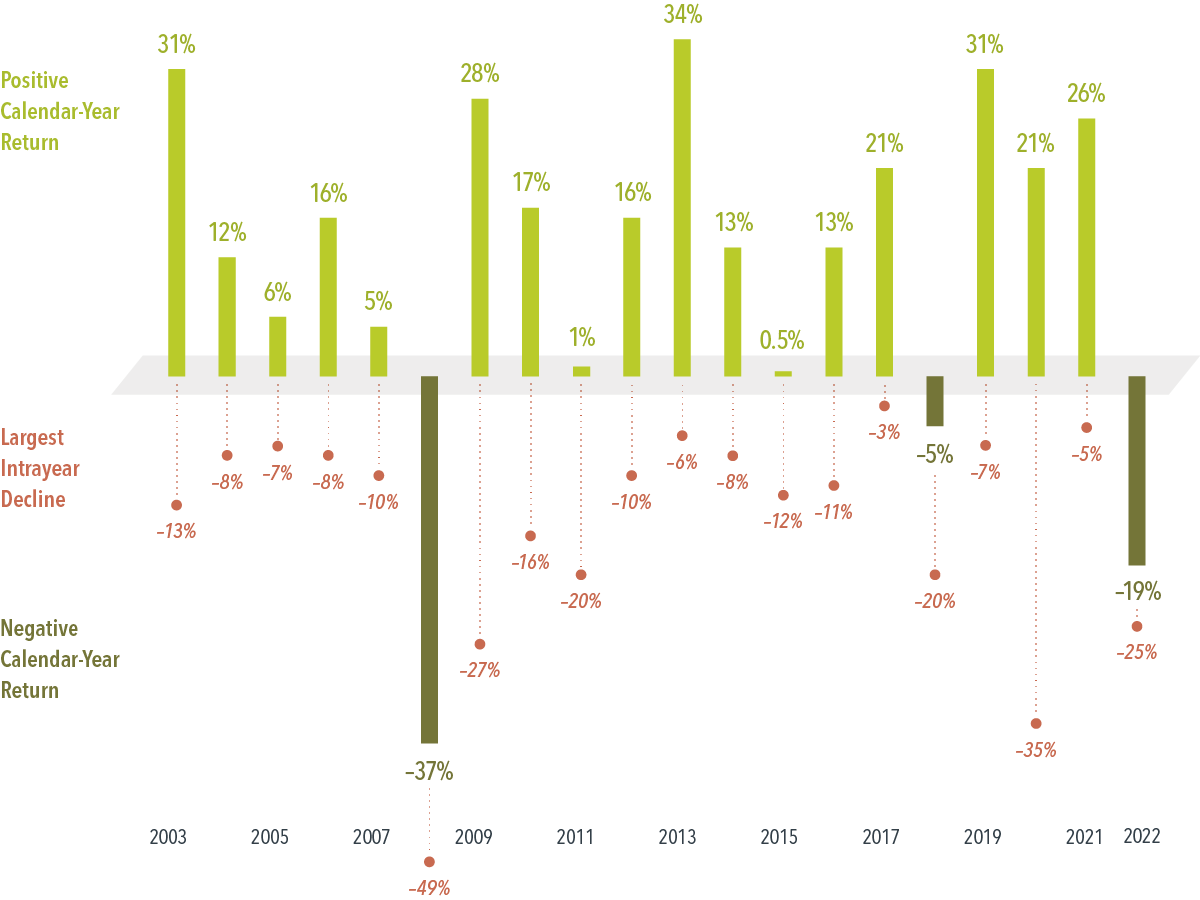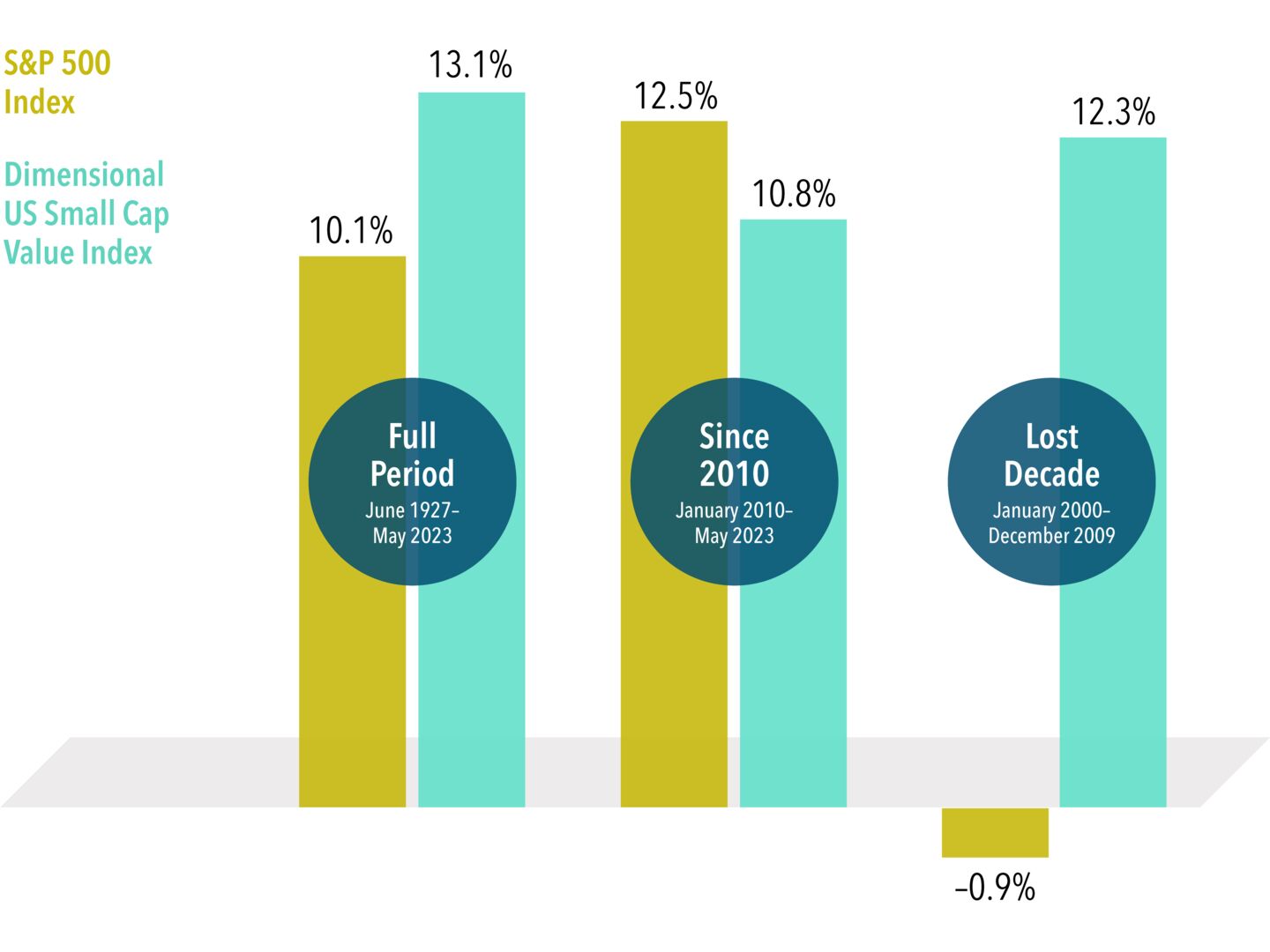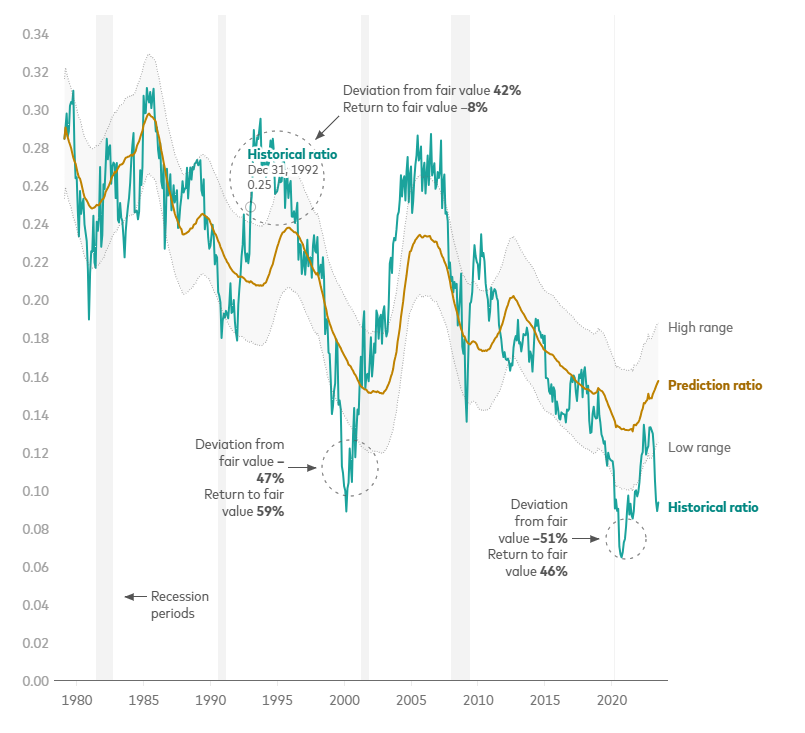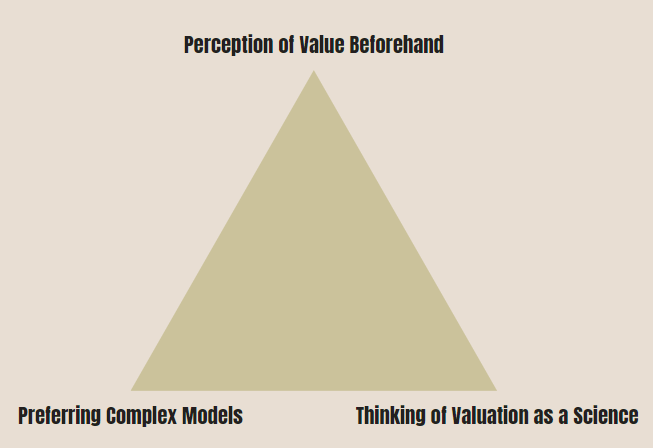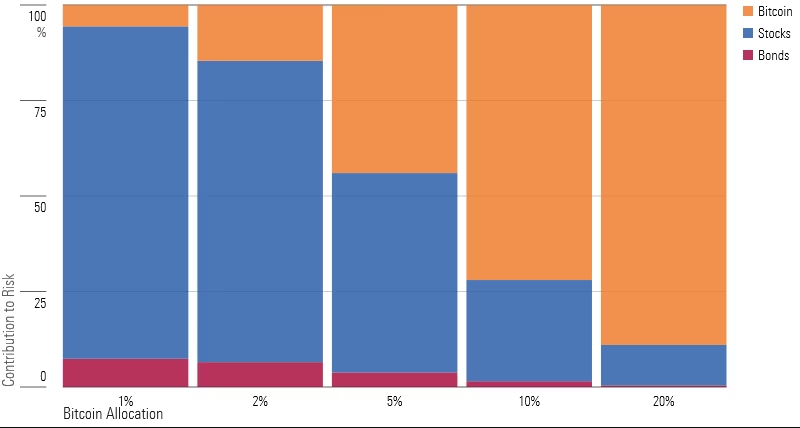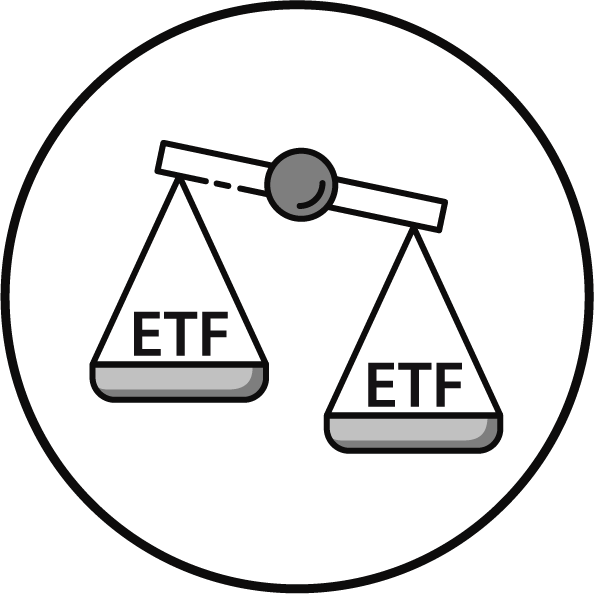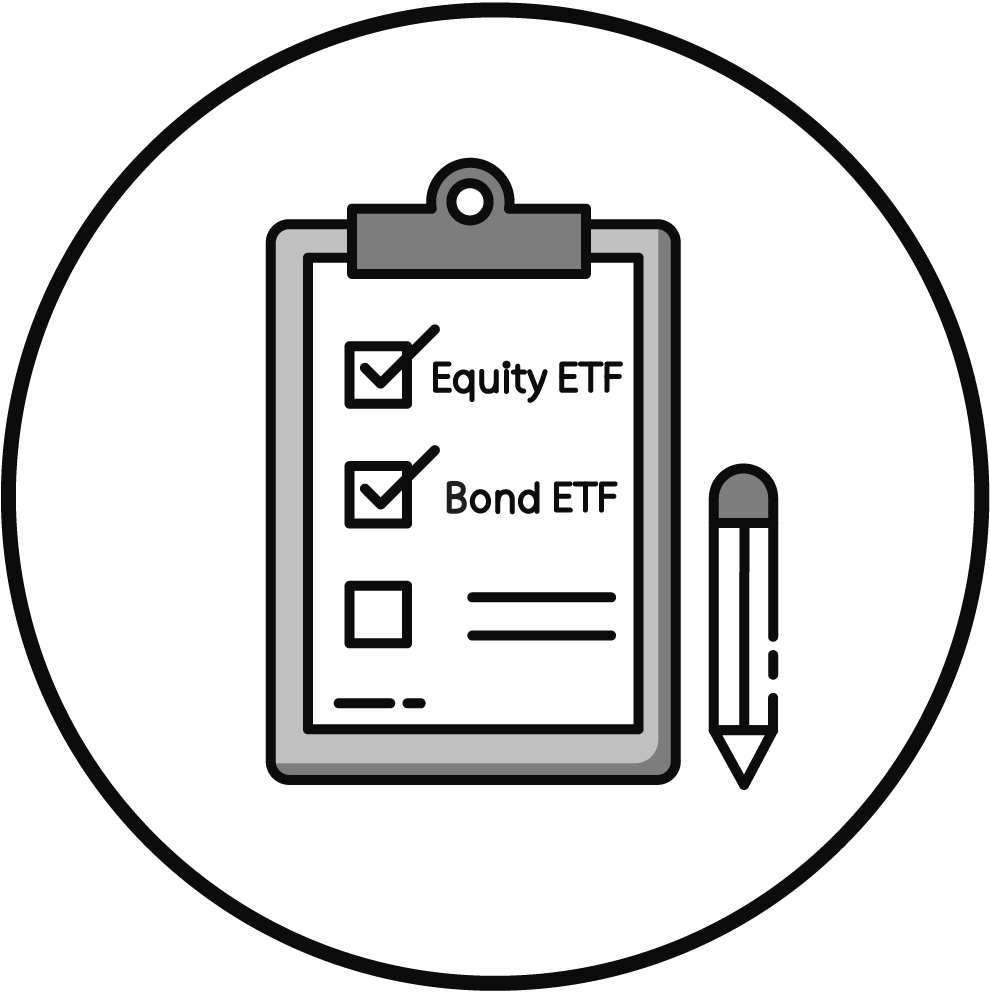Weekend Reading – How To Park Your Cash: Short-Term Investing Hacks

Weekend Reading is a collection of Investment Research and Lifestyle topics from all corners of the Web.We source the highest quality insights from Wall Street and Main Street that you may apply to your investment process. Unlike the rest of Bankeronwheels.com, this series is provided without additional guidance. As usual, everything is to be used at your own risk. Below is the type of content we shortlist.

Invest Wisely section is dedicated to research on how to invest for the Long Run using Passive Investment Strategies. Read Topics related to (i) Portfolio Construction and Asset Allocation (ii) Acting wisely by avoiding behavioural traps and also (iii) publications that help understand how financial markets work.
Active Investing section relates to improving your knowledge about active investing. If you decide to sin, then sin only a little. Given ample evidence, combined active bets should be ideally a relatively small fraction of your portfolio. This section also includes Sustainable Investing. You can invest in a Socially Responsible way, but there are many ESG traps. Learn how to invest sustainably, and what it means for expected returns, with our definitive guide to sustainable investing.
Personal Finance section is dedicated to UK and European Products. It can also touch on other European jurisdictions outside the Euro-zone.
The one thing I will tell you is the worst investment you can have is cash. Everybody is talking about cash being king and all that sort of thing. Cash is going to become worth less over time... Cash is a bad investment over time.
Warren Buffet
INVEST WISELY
CONSTRUCT YOUR PORTFOLIO
Have you ever considered matching bond cash flows with a life event, such as buying a house or covering kids’ tuition fees, using an ETF iBonds act like regular Bonds. The ETF will mature, and you will be repaid at a predetermined date. However, they offer several ETF advantages over regular bonds – they trade like stocks, are diversified, and don’t require high investment amounts to get started. So, who should buy them, and how do they work?
- How to Use Cash in a Portfolio (Morningstar)
- The 60/40 Portfolio is Alive & Well (A Wealth of Common Sense)
- Put Down the Dividends and Slowly Back Away (Excess Returns - 31 min)
- Dodging Dividend Disaster (Pension Craft - 18 min)
- In conversation with Itzhak Ben - David on ETFs & their role within your portfolio (Rational Reminder - 1 hr 25 min)
- Fun with Funds (Italian Leather Sofa)
UNDERSTAND FINANCIAL MARKETS
Cash is a terrible long-term investment, even at 5% interest (Ben Felix Podcast - 8 min)
With a 5% return on cash, why would anyone want to invest in stocks? True that cash feels good because its nominal value is stable – it feels safe, but is it counterintuitively extremely risky for long-term investors?
Lets find out!
HOW TO INVEST
- In conversation with Vanguard CIO on forecasting, diversification (Ritholtz - 1 hr)
- Aspects of investing that often go unsaid and underappreciated (Investment Talk)
- Not Even The Machines Are Rational (Joachim Klement)
- Do Major Projects and Investment Decisions Go Wrong for the Same Reasons? (Behavioural Investment)
Stock market slides over a few days or months may lead investors to anticipate a down year. But the US stock market had positive returns, despite some notable dips in many of those years. The truth is, volatility is a normal part of investing. Tumbles may be scary, but they shouldn’t be surprising. In fact, a long-term focus can help investors keep perspective.
Read more on Dimensional Funds
Active Investing
FACTOR investing
Anyone who’s ever bought a used car knows the importance of avoiding a cherry-picked depiction of history. Low mileage and regular oil changes don’t matter much if the seller fails to mention the car was once submerged in floodwater. Many investors have been drawn to the shiny-object stocks of the S&P 500 index on account of their recent performance—since 2010, the large cap S&P has outperformed US small cap value stocks by an annualized 1.7 percentage points. the decade of the dot-com bubble—had the lowest contribution from dividends of just 15%.
Read more on Dimensional
discretionary investing
As measured by the Standard & Poor’s 500 Index, U.S. stocks have risen more than 20% since they hit a trough in mid-October 2022—a dismal year that brought the S&P 500’s worst calendar-year decline since 2008 but just its second loss in 14 years. They’ve roughly doubled in value since the pandemic-induced low of March 2020. The extent and pace of the gains are enough to make the wary equity investor wonder: Where is there opportunity in the U.S. stock market?
Read more on Vanguard
Aswath Damodaran is the ‘Dean of Valuation.’
For almost four decades, he has been teaching valuation at NYU. He also teaches millions of people online.
Here are 7 Key Valuation Lessons from him
Read more on Twitter
ALTERNATIVE ASSET CLASSES
Is the UK housing market going to crash? (Pension Craft - 21 Min )
If we combine the cost of living crisis, soaring interest rates, and sky-high prices, it seems as if the UK housing market is set up for a big crash. This video looks at the reasons for and against an impending crash. And, also gives you some forecasts for UK house prices.
WALL STREET
Throwback- Buffet's First Televison Interview (Value Theory - 8 min)
Before he was the sage of Omaha, he was relatively camera shy. Yet, the universality of his simple investing strategy was as evident as it is today. Tune in for an insightful walk down memory lane as he talks: The most important quality of an investor and What he does that’s different to 90% of investors.
SUSTAINABLE investing
crypto
Bitcoin Index posted a 76.4% return through July 2023 in defiance of the gloomy narratives that haunt the rest of the cryptocurrency ecosystem. The trusty balanced portfolio has also beaten expectations as of late. So far in 2023, risk has paid handsomely. That fact may leave many investors wondering whether to add some extra firepower to their portfolio in the form of an allocation to bitcoin.
Read more on Morningstar
BAD BETS
❤️🐶 Shop & Support - Celebrate our 4th anniversary! 4️⃣🎂
Spread the Golden Retriever Wisdom Across Europe & the UK 😎
Banker On Wheels is 4 years old! To celebrate our anniversary we have launched the official merchandise store – Shop.Bankeronwheels.com. You can now get your favourite Golden Retriever, or your factor tilt on a coffee mug or a T-Shirt while supporting our cause! All profits are reinvested into creating more educational content. Alternatively, you can also buy us a coffee. Thank you for all your support ❤️
PERSONAL FINANCE
Wealth Management
Early Retirement
Cody Garrett is an advice-only financial planner passionate about helping families refine their path to financial independence (FI) as DIY investors. Cody specializes in comprehensive financial plan development, topic research, and personalized financial education.
On this podcast, he joins John Luskin to talk all things early retirement!
FINANCIAL PRODUCTS
COST OF LIVING
OUR Community
Question of the week
Personal Development
Justin Gary is an award-winning designer, author, speaker, and entrepreneur. He is CEO of Stone Blade Entertainment and creator of the innovative and award-winning Ascension deck-building game series. Explore the path less travelled, the phenomenon of magic, how analytical people can become creative people & much more!
Health & Wellness
CAREERS
Travel
Raph has travelled the world with his bike in tow & it is nstural for him to be asked numerous questions related to his adventures. “What did you think of China?” is one of these questions. The answers are complex but a day from his life on the bike can give you some flavour. The highlight of this trip to China is without any doubt the Qinghai Province. Logistically, China was also the most challenging country on a bike. Here is why.
From Bankeronwheels.com
Get Wise The Most Relevant Independent Weekly Insights For Individual Investors In Europe & the UK
Liked the quality of our guides? There is more. Every week we release new guides, tools and compile the best insights from all corners of the web related to investing, early retirement & lifestyle along with exclusive articles, and way more. Probably the best newsletter for Individual Investors in Europe and the UK. Try it. Feel free to unsubscribe at any time.
🎁 In the first email, you can download a FREE comprehensive 2-page checklist to construct & monitor your portfolio and clean up your personal finances.
miscellaneous
Inside Taiwan’s Strategy to Counter a Chinese Invasion (Wall Street Journal - 8 min)
For decades, Taiwan has looked to its east coast as a safe haven to survive a Chinese invasion until allies, particularly the U.S., can arrive to assist. In the east, Taiwan’s rugged mountain terrain also helps create a natural shield in the event of an attack. But China’s PLA activity on the island’s east has thrown that strategy into question. WSJ takes a look at how serious China’s threats to Taiwan’s east coast are and explores whether the island needs to change its defense strategy.
OUR Community
Last Week We asked you
How would you describe your current life situation?
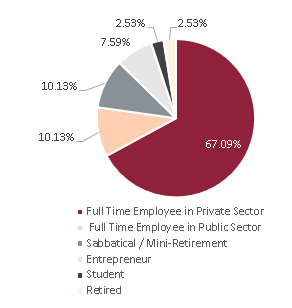
SUGGEST AN ARTICLE
Thank you for reading.
Good Luck & keep’em* rolling!
(* Wheels & Dividends)
Good Luck and Keep’em* Rolling!
(* Wheels & Dividends)

Weekend Reading – BlackRock Launches New iBonds, Truth About €1M Broker Insurance & BOW is 4 years old!

The Truth About €1 Million Broker Guarantees

4 Things I Learned In 4 Years Of Running A Finance Blog

Dodl By AJ Bell Review – AJ Bell’s Younger Brother

Vanguard LifeStrategy Review – A Retriever In A Babushka Doll

Why Do Portfolio Managers Care About Factors? It’s Not What You Think.
HELP US
🙋 Wondering why finding honest Investing Guidance is so difficult? That’s because running an independent website like ours is very hard work. If You Found Value In Our Content And Wish To Support Our Mission To Help Others, Consider:
- 📞 setting up a coaching session
- ☕ Treating us to a coffee
- 🐶 Purchasing Our Official Merchandise
- ❤️ Exploring Other ways to support our growth, both financially and non-financially.
DISCLAIMER
All information found here, including any ideas, opinions, views, predictions expressed or implied herein, are for informational, entertainment or educational purposes only and do not constitute financial advice. Consider the appropriateness of the information having regard to your objectives, financial situation and needs, and seek professional advice where appropriate. Read our full terms and conditions.


